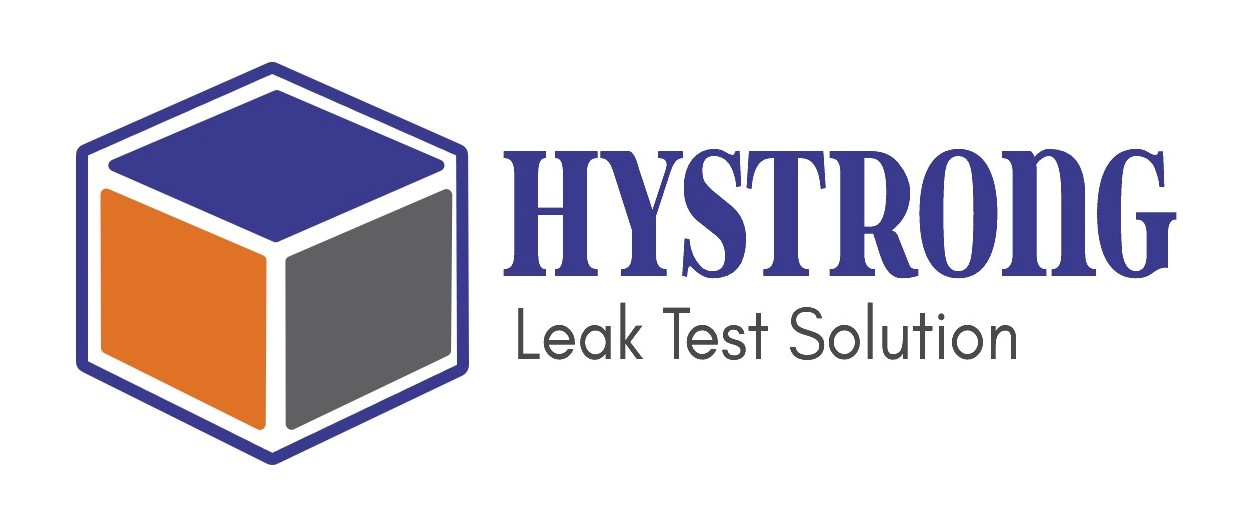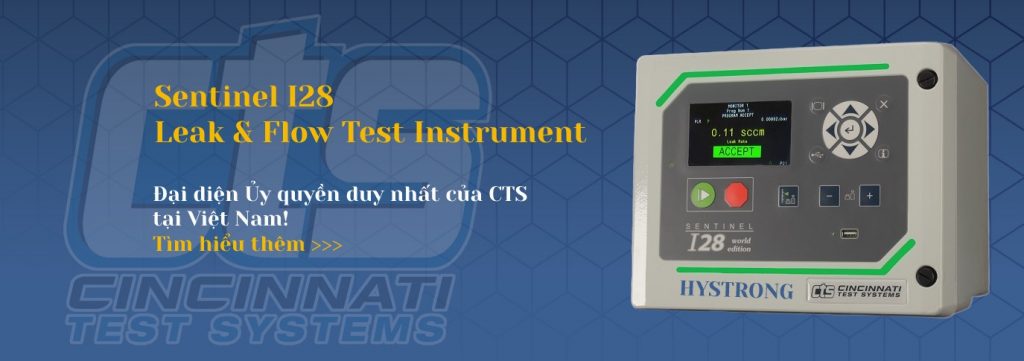Large volume leak testing poses unique challenges on the production line. The larger the internal volume of the part, the more air must be pumped into the part to test it. Increased air volume makes it more likely that the test will suffer from pressure and temperature shifts that will skew the reliability and repeatability of the test results.
This is a result of the “thermal effect” – the more air that is compressed into a cavity, the more its temperature increases. The larger the cavity and the greater the air volume, the greater the volatility of this temperature shift. Test cycles may have to be extended to achieve thermal stabilization for a reliable test result.
The unpredictably of these variables – test pressure, volume, and temperature – on the measured leak rate is further compounded by:
- The test part’s internal volume and geometry
- Its materials
- The test pressure being used
- How the part’s temperature when it arrives at the test station may be in flux due to a previous production step such as a wash or exposure to cold air
The only way to fully identify and compensate for these variables is to employ more effective measurement using data-driven analytics.
Reliable in-process testing, regardless of your test method
The Sentinel 3520 leak test instrument is optimized to address the unique challenges of large volume leak testing.
The Sentinel 3520 combines Process Signature Verification (PSV) software which uses signature analysis and signal processing algorithms, with modern electronics, sensors and pneumatics. This enables a fast and highly accurate large volume leak test via:
- Absolute pressure control that maintains a constant pressure during test
- Multi-stage pressure control that achieves precision leak detection in high volume parts and optimizes fill time
- Absolute pressure regulation that mitigates atmospheric pressure changes
- Temperature compensation that mitigates environmental changes
- Automatic calibration that ensures accurate assessment of the leak rate
All this enables operators and quality engineers to compensate, in production real-time, for the variables that can skew the measured leak rate in a large volume leak test.
The 3520 has been proven through thousands of installations on hundreds of production lines world-wide.
Two common methods for large-volume leak testing are pressure decay and mass flow. Regardless of which method is used, the Sentinel 3520 is the ideal test instrument.



